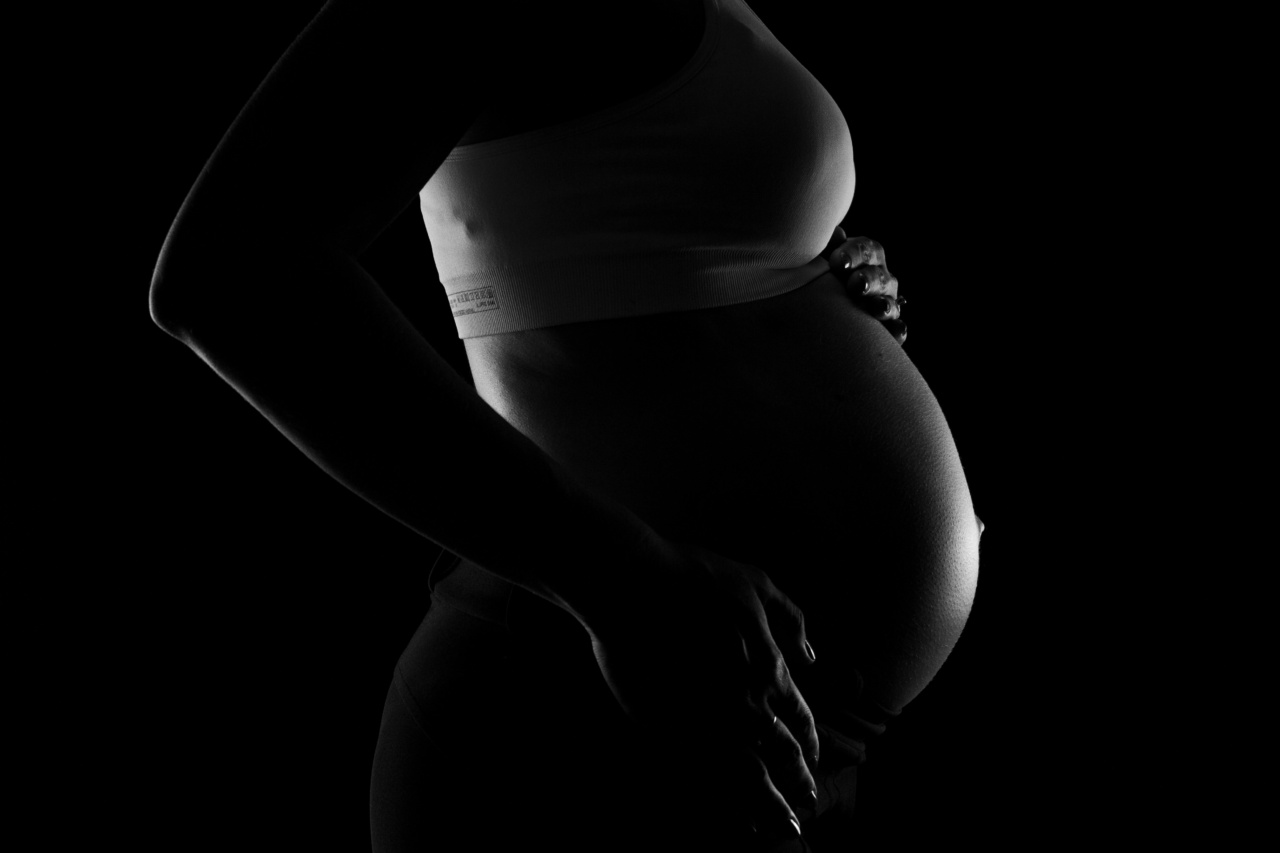Pregnancy is a transformative period for a woman’s body, as it undergoes numerous physiological changes to support the growth and development of the fetus.
One of the most noticeable changes is the increase in breast size, which can be both surprising and uncomfortable for expectant mothers. This article explores the reasons behind the breast size increase during pregnancy, shedding light on the fascinating biological mechanisms at play.
1. Hormonal Changes
During pregnancy, the female body experiences significant hormonal fluctuations, primarily the increase in the production of estrogen and progesterone.
These hormones play a crucial role in preparing the body for breastfeeding and promoting mammary gland development.
2. Preparing for Lactation
The enlargement of the breasts is closely linked to the process of lactation, where they prepare to produce milk to nourish the newborn baby.
The mammary glands, which are responsible for milk production, undergo substantial changes during pregnancy to accommodate this upcoming task.
3. Alveoli Growth
Within the mammary glands, structures called alveoli undergo significant growth and development during pregnancy. Alveoli are small, grape-like clusters of cells where milk is produced.
As pregnancy progresses, these alveoli increase in number and size, leading to breast enlargement.
4. Fluid Retention
During pregnancy, the body often retains more fluids, leading to swelling and bloating in various areas, including the breasts.
This fluid retention contributes to the temporary increase in breast size, adding to the overall discomfort experienced by expecting mothers.
5. Increased Blood Flow
The hormonal changes in pregnancy also result in increased blood flow to the breasts.
This heightened circulation delivers necessary nutrients and oxygen to support the growth of mammary tissue and facilitate milk production, contributing to breast enlargement.
6. Weight Gain
Pregnancy commonly leads to weight gain as part of the natural process of providing adequate nutrition for both the mother and the developing baby.
Weight gain can also contribute to breast enlargement, as the breasts are composed of fatty tissue that can expand with an increase in overall body fat.
7. Breast Tenderness
As the breasts undergo changes and enlargement, many pregnant women experience breast tenderness and sensitivity. The increased size of the breasts can lead to stretching of the skin and underlying tissue, causing discomfort or pain.
8. Hormonal Aftereffects
Even after childbirth, the hormonal changes that occurred during pregnancy can continue to affect breast size.
The body still produces elevated levels of hormones, particularly during lactation, which can maintain breast enlargement until breastfeeding ceases.
9. Emotional Factors
The physical changes during pregnancy can also have an emotional impact on expectant mothers. Some women may feel self-conscious or experience body image concerns due to the temporary increase in breast size.
It is important to remember that these changes are temporary and a natural part of the pregnancy journey.
10. Personal Variations
It is essential to recognize that every woman’s body is unique, and the magnitude of breast size increase during pregnancy can vary from person to person.
Factors such as genetics, pre-pregnancy breast size, and overall body composition can influence the degree of change experienced.






























